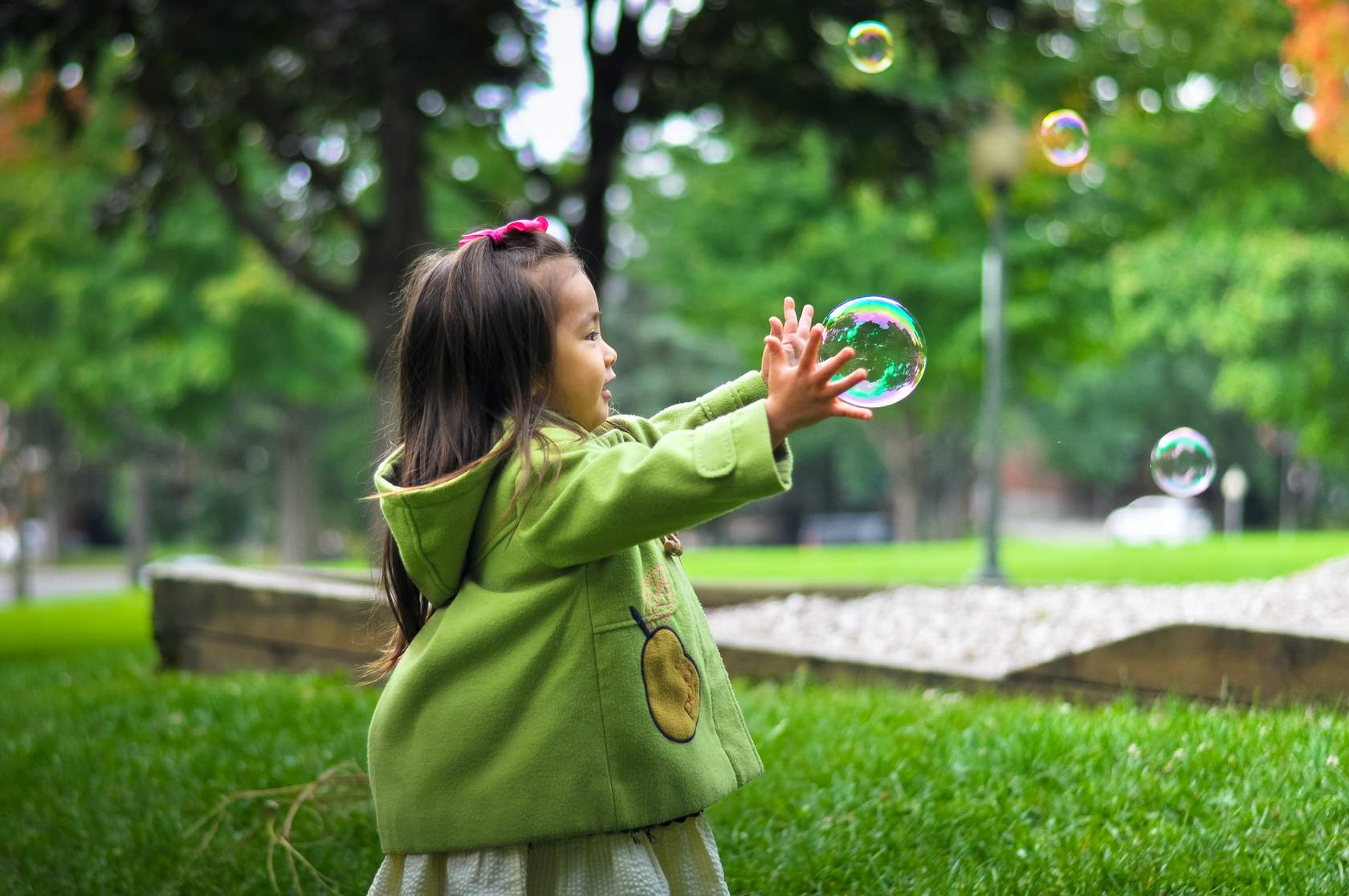
HOPE
The Family & Youth Justice Programs (FYJP), at the Administrative Office of the Courts, is working with system partners to infuse the science of hope into the practices and culture of our system. The goals of our hope work are to engage interested system partners to identify ways we can influence positive outcomes and shift the system by creating hope-centered organizations that promote the well-being and resilience of professionals and the families and communities we serve.
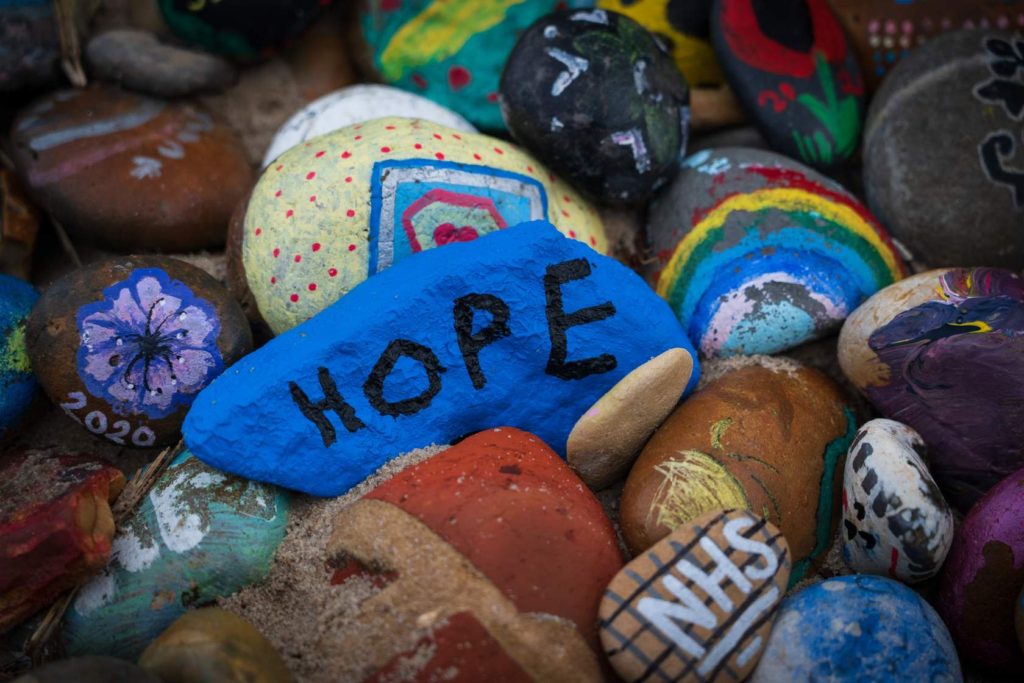
Join Us
FYJP is working to infuse the science of hope into the practices and culture of the dependency court system. The goal of our hope work is to engage interested system partners to identify ways they can influence positive outcomes and shift the system by creating hope-centered organizations that promote the well-being and resilience of professionals and the families and communities we serve.
What is Hope?
“Hope is the belief that the future will be better than today and you have the power to make it so.”
DR. CHAN HELLMAN
HOPE THEORY
According to renowned hope expert and co-author of Hope Rising, Dr. Chan Hellman, this definition of “hope” requires both pathways thinking and agency thinking. Pathways thinking is the means to the goal, the steps a person must take to achieve their hopes. Agency thinking is motivation, or having the dedication to follow the path one has created.
Agency without pathways is more like wishful thinking, and may not lead to tangible results, so the presence of both is vital to hopefulness and goal achievement.
Hope Science & Child Dependency
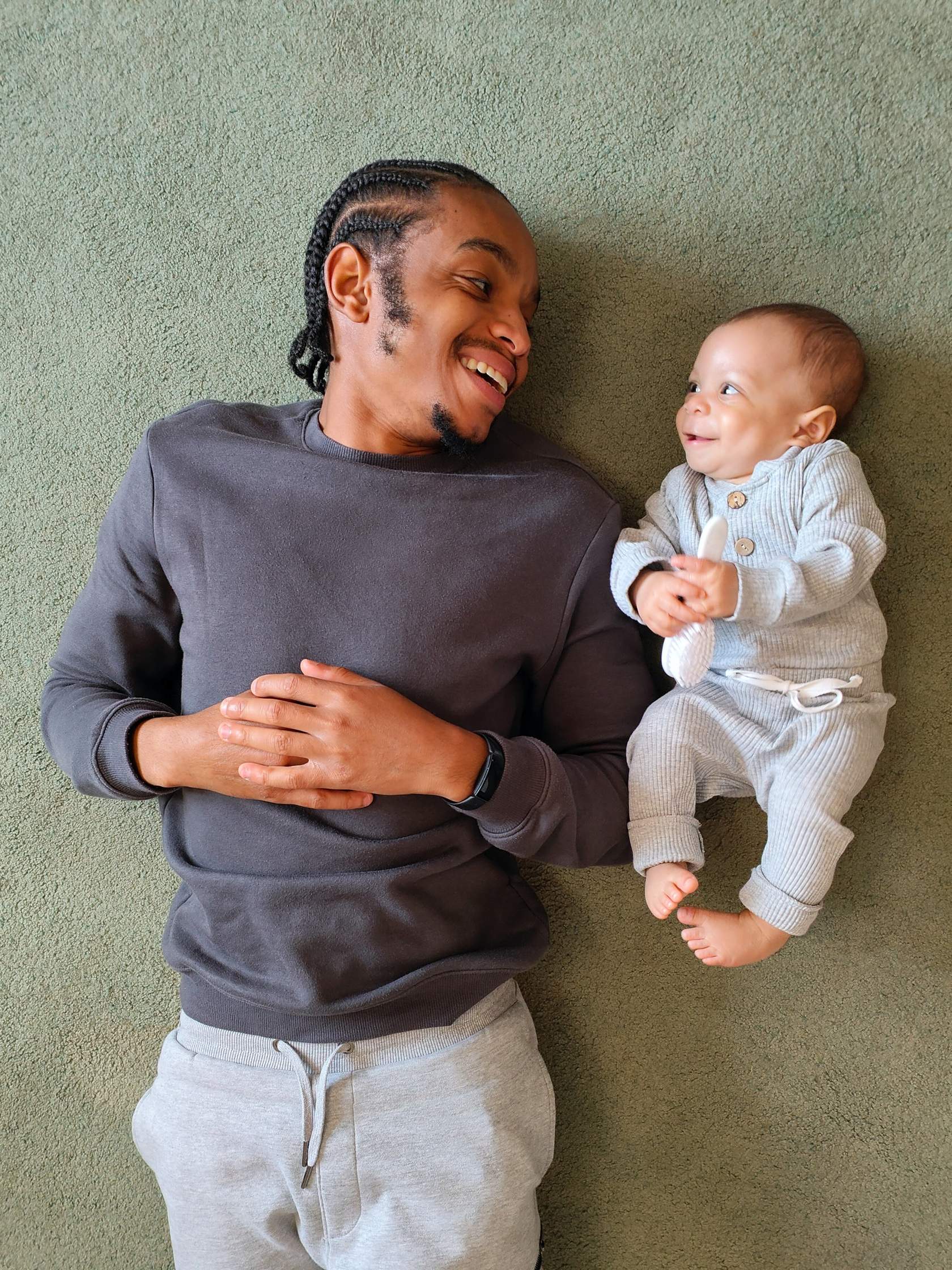
Families
Building hope for families increases trust and engagement in the system.
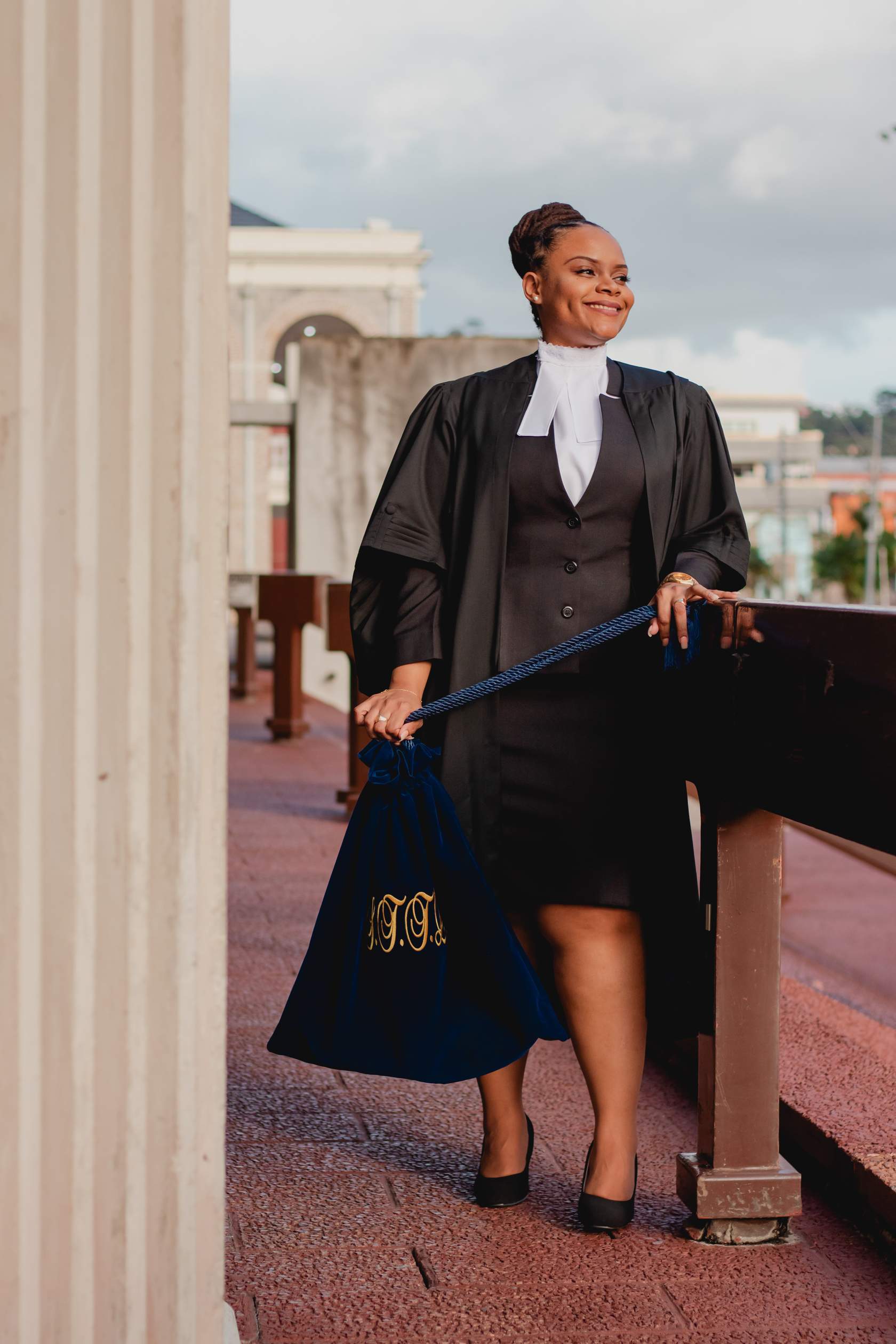
Professionals
Nurturing hope supports workforce well-being and decreases burnout.

Systems
Hope-centered organizations have lower turnover and higher service quality.
Promoting Hope
All of us are able to promote and nurture hope in those around us, those we serve, and ourselves. Once we are aware of the power of hope, we can start by just speaking on hope to others. If we want to take it a step further, we can encourage goal setting utilizing both pathways and agency thinking. If a someone is having trouble envisioning the path to their goal, we can with problem-solving or referring that person to local resources. This nurturing of hope can have profound impacts for our own feelings of self-worth and levels of hopefulness. In this way we can infuse hope through ourselves and those around which contributes to the cultivation of hope-centered communities. A community of hope can start with a small ripple, which can then spread and grow throughout an entire ocean. And that can start with you today!

Hope Training
The Power of Hope
Living through a pandemic has significantly impacted families, professionals, communities and the organizations we in which we operate. Many of us have experienced pandemic fatigue, which has exacerbated challenges that already existed in our system and led to a breakdown in trust and relationships. On August 4th FYJP held a 2-hour webinar open to all dependency court and system partners across the state to learn more about how organizations can become hope-centered and contribute to the well-being and resilience of professionals and the families and communities they serve. This free webinar event featured renowned hope science expert and researcher, Dr. Chan Hellman, founder of the Hope Research Center at the University of Oklahoma. Chan shared the surprisingly simple science of hope and described his work with child welfare agencies and court systems in other states that have used hope science to make statistically significant improvements, such as reducing burnout for staff and increasing the trust and engagement of families. The materials and information from the webinar are available on in the HUB, including a full recording of the training.


Hope Resources
- Responding to ACEs

- Protecting the Workforce

- One Page Hope Guide
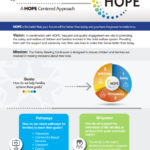
- Hope Guide Pamphlet Example
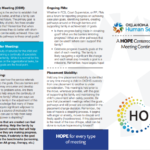
- Spokane County Hope Infographic
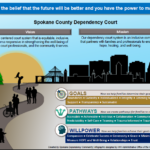
- Hope Focused Benchcard
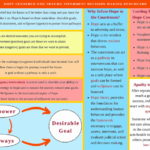
- Hope Infused Action Planning Tool
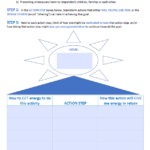
- Hope as a Coping Resource Among Parents
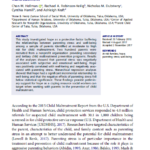
- Hope and Burnout in Child Welfare

- How Hope and Resilience Can Lower Burnout Among Child Welfare Workers

- The Science of Hope as a Framework for Action






